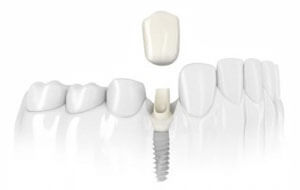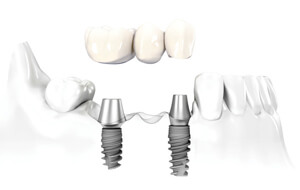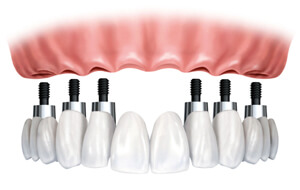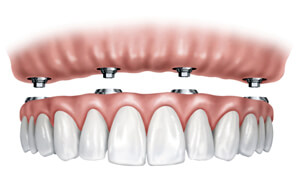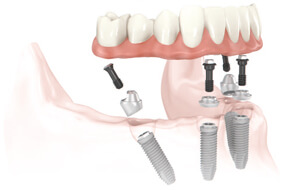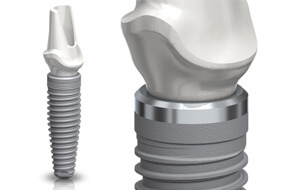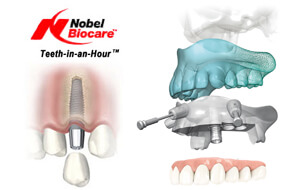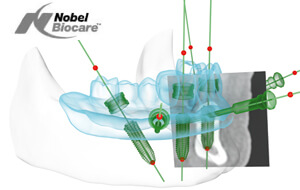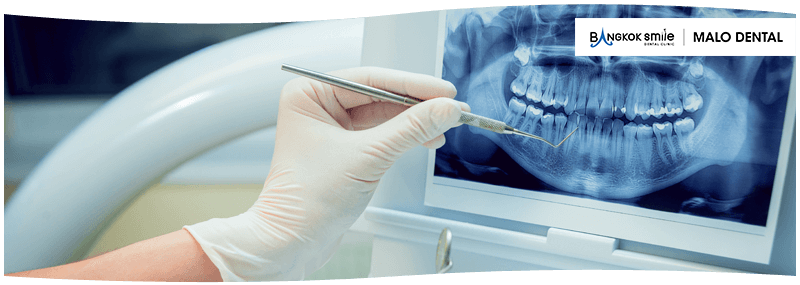
Known Complications with Dental Implants
Dental Implants are an established treatment modality with a long history of clinical success. However, all medical procedures have inherent risks and complications. These are generally minor and manageable. They include those related to:
1. The Implants
2. The Artificial Teeth
1. Complications relating to The Implants
Breakdown in the bone-implant junction - The fusion of the implant to bone is known as osseointegration. Clinical studies have shed some light on its success. Approximately 90% of fixtures in the upper jaw, 95% in the front lower jaw and 90% in the back lower jaw are still in function after 10-15 years.
Loss of osseointegration may occur after implant placement, crown placement or after years of usage. The implants may become loose or unstable and will need to be removed. The implant site will heal within a period of three months after which a new implant may be inserted.
- Inability to use the fixtures for prosthetic rehabilitation. These implants may be left alone in the bone without usage.
- Bone resorption may occur around the necks of the fixtures. This may require additional bone grafting procedures to rectify the situation.
- There may be a slight risk of permanent numbness to the lips and chin, as well as injury to the teeth adjacent to the implant.
There is a higher risk of complications in certain individuals, for example, uncontrolled diabetics and heavy smokers. Your dental surgeon will carefully plan and discuss your concerns in detail with you.
2. Complications relating to the Artificial Teeth
Chipped Teeth
Like natural teeth, artificial teeth may undergo wear and tear over the years. The material used to make them include porcelain and acrylic. They may chip or break. For screw-retained designs and where the damage is relatively minor, the teeth can be unscrewed and sent to the lab for repairs. For cemented designs, the teeth will have to be removed, a process which may destroy them. New crowns will then have to be made.
Loosening of Screws
Depending on the design, there may be one to two screws holding the artificial tooth to the underlying implant. Although the screws are tightened to specific torques to prevent loosening, it is theoretically possible that they may loosen over time if the load is excessive or if the tooth does not fit well in the first place. Your dentist should be able to retighten the screws. However, if it is a cemented design, the overlying tooth may be destroyed during removal and a new will have to be fabricated.
Gum Inflammation
It is important that you keep your implants clean. Poor oral hygiene can cause the gums surrounding the implant to become irritated, swollen and bleed easily. In severe cases, it may even lead to loss of the implant.


